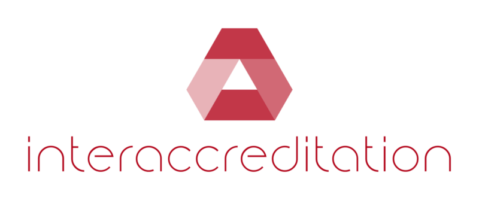Legal and contractual matters
The certification body shall be set up as a private, non-governmental, apolitical, professionally independent, profit oriented or non-profit organization.
The certification services shall be provided based on a contractual agreement which is legally enforceable.
Responsibility for certification decisions
Lead auditor shall be responsible for decision with regard to granting, refusing, maintaining of certification, expanding or reducing the scope of certification, renewing, suspending or restoring following suspension, or withdrawing of certification.
Financing
Financing shall be assured by contributions of shareholders, bank loans and credit, or revenues from provided services. These sources of income shall not compromise the impartiality of its certification activities.
Organizational structure
The organizational structure should be documented in organizational charts. Duties, responsibilities and authorities for every function should be detailed by specific job descriptions, structured and managed so as to safeguard impartiality.
Human resources
The certification body shall ensure that personnel have appropriate knowledge, skills and personal attributes. The competence requirements shall be established for specific certification schemes, technical areas and functions.
Competence held by each person covering administrative, management, audit and certification functions shall be periodically assessed.
Access to the necessary human resources (performing certification, management and administrative functions) shall be ensured by internal or external personnel, full-time, part-time or temporary employed or contracted.
Personal data folders shall be maintained for all individuals involved in certification, administrative and management activities. Information is kept up-to-date and includes relevant education, training, professional experience, affiliations, carried-out consultancy projects, etc.
Publicly accessible information
Information describing the audit and certification processes shall be publicly available on the certification body’s internet website, without any request, and shall include following as a minimum:
- the audit processes;
- types of management systems and certification schemes in which it operates;
- processes for handling requests for information, complaints and appeals;
- specific policies.
Information about certifications granted, suspended or withdrawn shall be provided to any third party. The validity of a given certificate shall be confirmed on request in any written form.
Operational control
The certification body shall set up a scheme for every standard or normative document provided certification services.
The minimum stages of a certification program shall be:
- Contracting
- Audit planning
- Initial certification audit (first and second stage)
- Review of certification-related documents
- Surveillance audits (first and second year)
- Special audits, if necessary;
- Recertification audits (third year)
- Suspending or withdrawing of certification.
Appeals
The process to receive, evaluate and take decisions on an appeal shall be publicly accessible on the certification body’s website.
After receiving an appeal, a person or a group of persons shall be appointed to investigate and decide what actions are to be taken in response to it.
Results of these activities shall be recorded and the appellant shall be informed about the receipt of the appeal, progress and results of the investigation and the taken decisions.
Complaints
The process to receive, evaluate and take decisions on a complaint shall be publicly accessible on the certification body’s website.
If the complaint refers to a certified client, the certified client in question shall be informed and an official statement is requested as a response to the complaint.
After receiving a complaint, a person or a group of persons shall be appointed to investigate and decide what actions are to be taken in response to it. In case of a group of persons, the decision is taken by the majority. Investigation and decisions are based only on objective evidence.
Results of these activities shall be recorded and the complainant shall be informed about the receipt of the complaint, progress and results of the investigation and the taken decisions.

